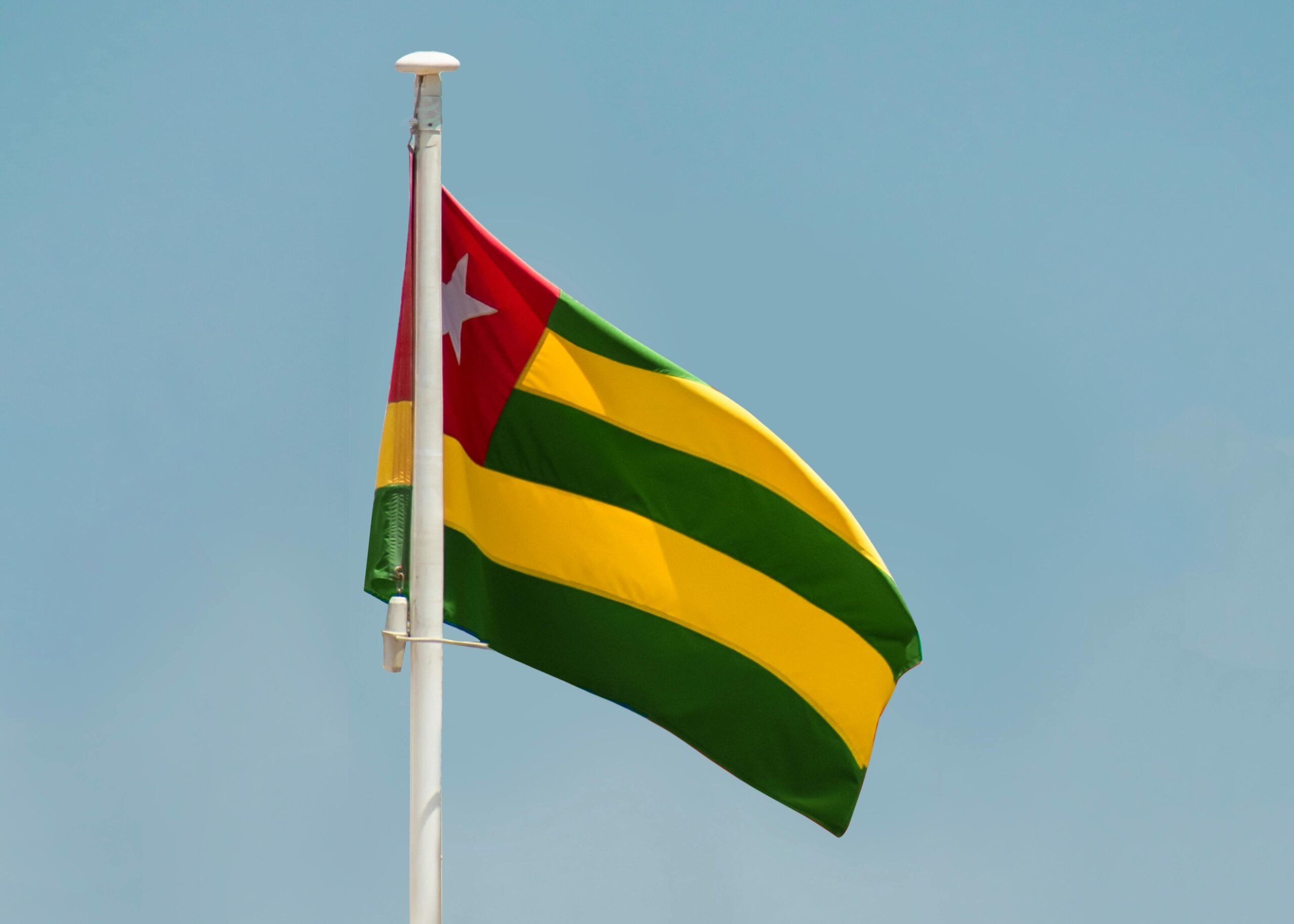The Kingdom of Tonga stands as one of the most unique nations in the Pacific, distinguished by its remarkable history as the only Pacific Island nation never to have been fully colonized by a foreign power. This archipelago of 169 islands, of which only 36 are inhabited, is home to approximately 105,000 people scattered across four main island groups. Located about 2,000 kilometers northeast of New Zealand, Tonga operates under a constitutional monarchy that has maintained its independence since 1875. The country’s legal system reflects this unique heritage, blending traditional Tongan customs with modern legal frameworks inherited from British common law influences.
Tonga’s economy relies heavily on agriculture, fishing, tourism, and remittances from Tongans living overseas, particularly in Australia, New Zealand, and the United States. The nation’s geographic isolation and dispersed population across multiple islands create distinctive challenges for legal proceedings, particularly when it comes to serving legal documents. Understanding these complexities is crucial for anyone involved in international litigation or legal matters involving Tongan parties.
Understanding Tonga’s Legal Framework
The Tongan legal system operates through a dual structure that recognizes both formal courts and traditional dispute resolution mechanisms. The Supreme Court serves as the highest judicial authority, followed by the Magistrates’ Courts that handle most civil and criminal matters at the local level. Land Court handles specific issues related to property and inheritance, which are particularly complex in Tonga due to traditional land tenure systems where all land ultimately belongs to the Crown.
For international legal practitioners, navigating this system requires understanding not only the formal legal procedures but also cultural sensitivities and traditional protocols. The service of legal documents must comply with both Tongan procedural requirements and any applicable international treaties or conventions. This is where the expertise of a qualified Process Server Tonga becomes indispensable.
Geographic and Logistical Challenges
Serving legal documents in Tonga presents unique obstacles that don’t exist in most other jurisdictions. The country’s geography creates immediate logistical challenges, with inhabited islands spread across approximately 700,000 square kilometers of ocean. The main island of Tongatapu, where the capital Nuku’alofa is located, houses about 70% of the population, but significant communities exist on Vava’u, Ha’apai, and the Niuas island groups.
Inter-island transportation relies primarily on domestic flights and ferry services, both of which operate on limited schedules and can be severely affected by weather conditions. During cyclone season, which runs from November to April, travel between islands can be suspended for days or weeks. These transportation limitations mean that serving documents on outer islands requires careful planning and often involves extended timeframes.
The infrastructure on many islands remains basic, with limited telecommunications and internet connectivity. While mobile phone coverage has improved significantly in recent years, many remote areas still lack reliable communication services. This makes it challenging to locate individuals or confirm their current addresses, particularly for people who may have moved between islands or relocated overseas.
Cultural and Language Considerations
Tonga’s deeply rooted cultural traditions significantly impact how legal proceedings are conducted and how documents should be served. The concept of respect for authority and social hierarchy, known as “faka’apa’apa,” influences all interactions, including legal ones. Understanding these cultural nuances is essential for effective document service.
The Tongan language remains widely spoken, particularly among older generations and in rural areas. While English is taught in schools and used in official proceedings, many Tongans are more comfortable communicating in their native language. Legal documents may need to be translated, and process servers must be able to communicate effectively with recipients who may have limited English proficiency.
Traditional family structures and communal living arrangements also complicate the service process. Extended families often live together in compounds, and individuals may not have fixed addresses in the Western sense. A qualified Process Server Tonga understands these cultural patterns and knows how to navigate family structures to locate the correct individual while showing appropriate respect for cultural protocols.
Legal Requirements and Procedural Compliance
Tonga’s procedural rules for serving legal documents are based on common law principles but include specific local requirements that must be carefully followed. The Rules of the Supreme Court of Tonga outline detailed procedures for service of process, including requirements for personal service, substituted service, and service on corporate entities.
For international cases, additional layers of complexity arise from treaties and conventions that Tonga may be party to, such as the Hague Service Convention. However, Tonga is not a signatory to all international agreements, which means alternative methods must often be employed. Understanding which international protocols apply to specific cases requires specialized knowledge that a professional Process Server Tonga possesses.
The timing requirements for service can be particularly challenging in international cases. Court deadlines don’t account for the additional time needed to serve documents across international borders and between islands. Failure to serve documents within prescribed timeframes can result in case dismissals or other adverse consequences for litigants.
The Importance of Professional Process Service
Given these multifaceted challenges, attempting to serve legal documents in Tonga without professional assistance is rarely advisable. A qualified Process Server Tonga brings essential local knowledge, cultural understanding, and procedural expertise that can make the difference between successful service and costly delays or failures.
Professional process servers maintain networks of contacts throughout the island chain, enabling them to locate individuals even in remote areas. They understand the transportation schedules and can plan service attempts around weather patterns and local events. Most importantly, they know how to approach document service in a culturally appropriate manner that respects Tongan customs while meeting legal requirements.
The documentation requirements for proof of service are also critical. Courts need detailed affidavits or certificates of service that comply with both local and international standards. A professional Process Server Tonga knows exactly what documentation is required and how to prepare it properly, reducing the risk of challenges to the validity of service.
Technology and Modern Solutions
While Tonga’s geographic isolation creates challenges, modern technology offers some solutions for improving the efficiency of document service. GPS tracking helps process servers navigate to remote locations and provides precise location data for service documentation. Digital photography and video recording can provide additional evidence of proper service when required.
Satellite internet connectivity has improved in recent years, enabling better communication between process servers and their clients. Real-time updates on service attempts and immediate transmission of proof of service documents help keep international cases moving forward despite the geographic distances involved.
However, technology cannot replace local knowledge and cultural understanding. A skilled Process Server Tonga combines technological tools with traditional local expertise to achieve the best results for clients.
International Litigation Considerations
For law firms and corporations involved in international litigation involving Tongan parties, proper service of process is often the first critical step that can determine the success or failure of entire cases. Improper service can lead to default judgments being overturned, cases being dismissed, or lengthy delays while service is corrected.
The costs associated with failed service attempts in Tonga can be substantial, given the travel expenses and time involved in reaching remote locations. Investing in professional service from the outset through a qualified Process Server Tonga is typically more cost-effective than attempting service independently and having to correct mistakes later.
International businesses operating in the Pacific region should also consider establishing relationships with reliable local service providers before legal issues arise. Having a trusted Process Server Tonga identified in advance can significantly expedite legal proceedings when time-sensitive matters develop.
Conclusion
Successfully serving legal documents in the Kingdom of Tonga requires a sophisticated understanding of local law, culture, geography, and procedural requirements. The unique challenges posed by Tonga’s island geography, cultural traditions, and legal system make professional assistance not just advisable but essential for most international legal matters.
A qualified Process Server Tonga provides the local expertise, cultural sensitivity, and procedural knowledge necessary to navigate these challenges effectively. By investing in professional service, legal practitioners can ensure their cases proceed smoothly while respecting the customs and requirements of this unique Pacific nation. In an increasingly interconnected world, building bridges between legal systems through proper process service is not just a procedural necessity—it’s a foundation for successful international legal practice.
Contact us today for a free consultation or call +1 (800) 845-6093 to get started on your international service request.
Click Here to Submit Your Process Service Assignment Now
Disclaimer: This article provides general information and should not be construed as legal advice. For specific situations involving international service of process, please consult with qualified legal counsel familiar with both the relevant jurisdictions and current treaty statuses.




